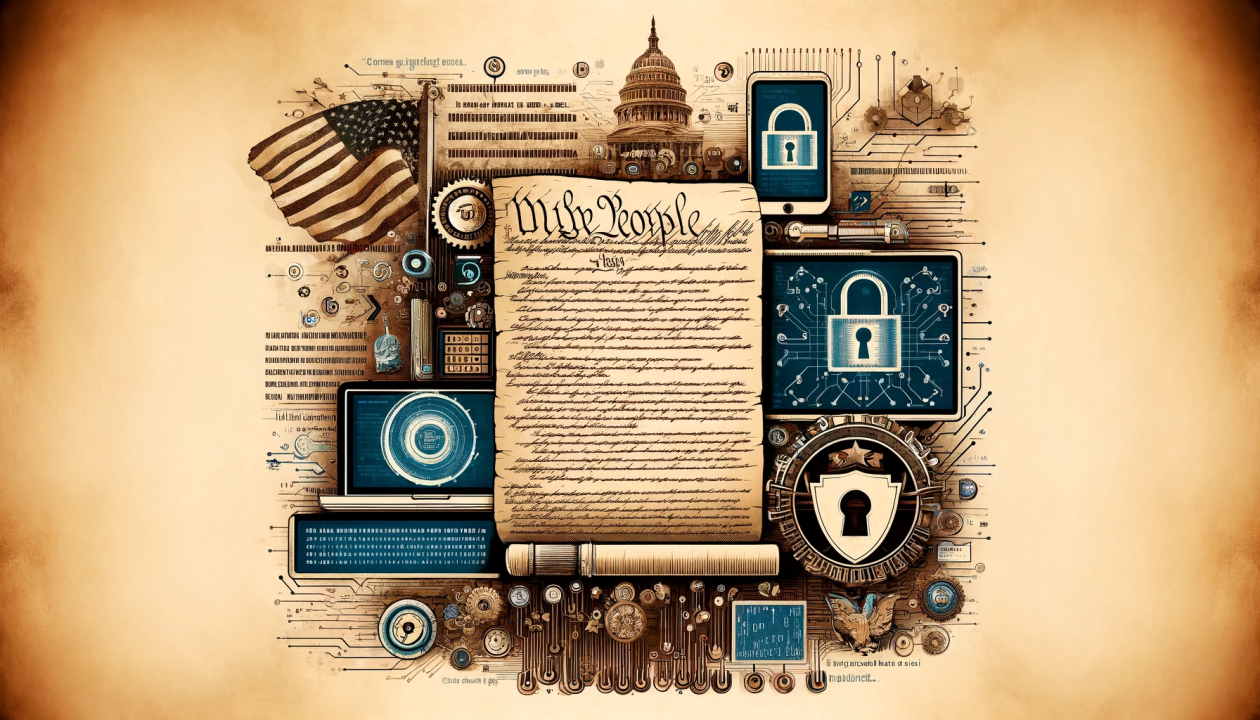In an era where digital footprints are as common as physical ones, the USA is on the cusp of embracing a transformative change that could redefine personal data privacy for its citizens. Spearheaded by bipartisan efforts, the proposed American Privacy Rights Act (APRA) emerges as a beacon of hope, potentially ending a decades-long wait for a unified federal privacy law.

USA: The Journey Towards Data Privacy Legislation
For over two decades, the notion of federal privacy law in the USA has oscillated between a distant dream and a pressing need. Despite early calls from the Federal Trade Commission (FTC) in May 2000, the path to legislation has been fraught with challenges, including industry lobbying and high-profile data scandals.
However, the persistence of privacy advocates and a changing global landscape, marked by the European Union’s GDPR and various state-level laws in the USA, has finally paved the way for significant legislative action.
US legislators propose American Privacy Rights Act – and it looks quite good https://t.co/nJdZRpI5hL
— The Register (@TheRegister) April 9, 2024
Unveiling the American Privacy Rights Act
The announcement of the American Privacy Rights Act by USA Representative Cathy McMorris Rodgers (R-WA) and US Senator Maria Cantwell (D-WA) marks a milestone in the long quest for data privacy.
The APRA promises to offer Americans unprecedented control over their personal information, addressing the modern-day challenges posed by the digital economy’s insatiable data appetite.
“The bipartisan, bicameral draft legislation is the best opportunity we’ve had in decades to establish a national data privacy and security standard that gives people the right to control their personal information,” Rodgers and Cantwell emphasized, underlining the bill’s commitment to empowering individuals against the unchecked sale and misuse of their data.

Key Features of the APRA
The proposed legislation is not just another addition to the complex web of privacy rules. It aims to set a comprehensive and uniform standard that respects the nuanced needs of all stakeholders. Some of its noteworthy provisions include:
- Preemption of State Laws: The APRA would override state privacy laws, with notable exceptions that protect consumer rights, civil liberties, and public safety among others.
- Impact Assessments for Data Brokers: A novel requirement, focusing on algorithms that pose significant risks, particularly to minors and in areas critical to public welfare like housing, healthcare, and employment.
- Corporate Accountability: Large companies would need to appoint dedicated privacy or data security officers, highlighting the legislation’s emphasis on institutional responsibility.
- Empowering Individuals: The act envisions a future where consumers can easily manage their data, from preventing its sale to correcting inaccuracies.

The Path Forward
While the legislative journey of the APRA is far from over, its introduction represents a critical step towards reconciling America’s technological advancements with the fundamental right to privacy.
The unanimous Congressional vote against data brokers selling information to foreign adversaries indicates a growing recognition of privacy’s importance.
As the world watches, the USA stands at a pivotal moment. Can it redefine privacy for the digital age, or will the APRA become another missed opportunity?
Only time will tell, but one thing is clear: the American Privacy Rights Act has the potential to usher in a new era of privacy, one where control and consent are not just ideals, but realities for every citizen.










